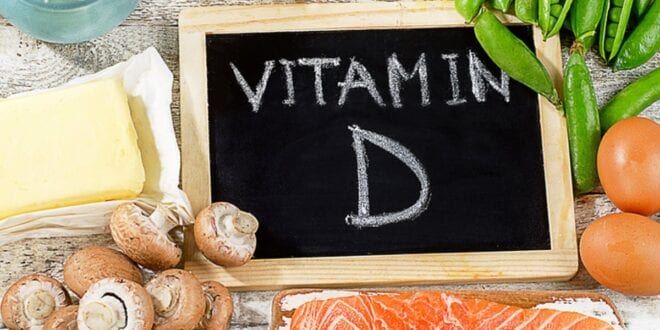Vitamin D, also known by its other scientific name “calciferol”, plays a crucial role in your overall well-being. It’s tagged as the “sunshine vitamin” because it’s most available to and easily absorbable from the sun’s rays, as you probably know.
However, contrary to the misconception that this vitamin can be found only produced with Vitamin D synthesis occurs when sunlight hits your skin, go to Numan to find out about Vitamin D supplements. At the same time, read on to learn about the true health benefits of calciferol, as well as all the little interesting facts.
What Is Vitamin D?
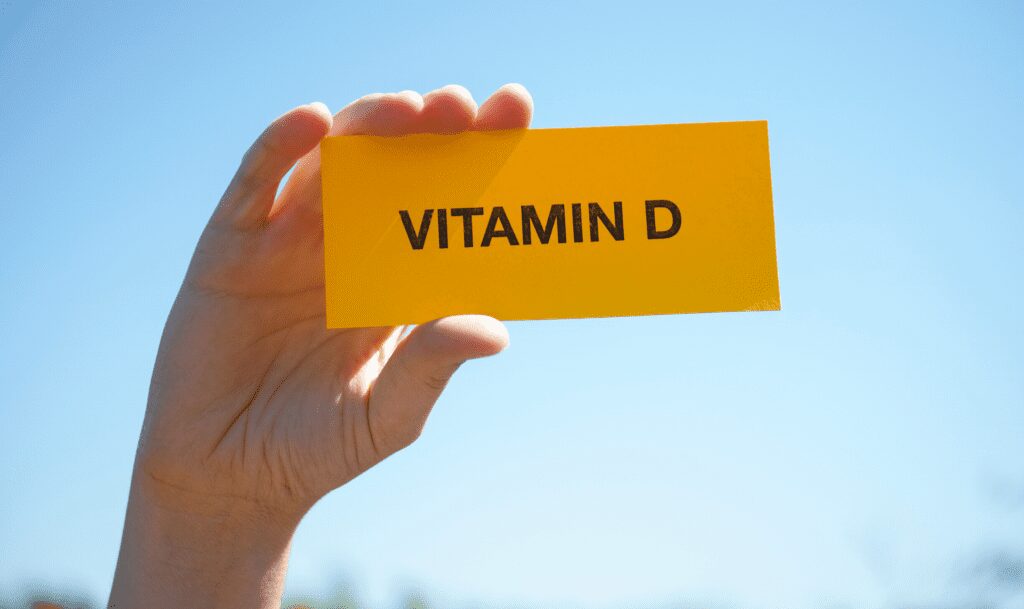
Though its name carries the word “vitamin”, it isn’t a vitamin in the strictest definition of what the latter is. In fact, it’s considered a prohormone. A prohormone serves as an antecedent of another hormone.
Sources Of Vitamin D

Vitamin D cannot be naturally produced by your body on its own in the literal sense of this statement. It has to receive an external source (i.e. sunlight) that the body can metabolize to produce Vitamin D. Although this should be a constantly occurring process, studies show that Vitamin D deficiencies still highly take place today. Take a look at some of the sources of Vitamin D.
Top 4 Most Common Sources Of Vitamin D
1. Herring, Salmon, Sardines, And Tuna

These types of fish are teeming with Vitamin D. However, it’s best to have them boiled, cooked, or steamed. They come in varieties that are pickled and/ or canned but these varieties are high in sodium. It’s wisest to avoid such preserved eats.
Only, seafood isn’t something that most people have access to. Or that it isn’t normally a part of regular meals. Thus, continue on with the next few examples of Vitamin D sources below.
2. Cod Liver Oil
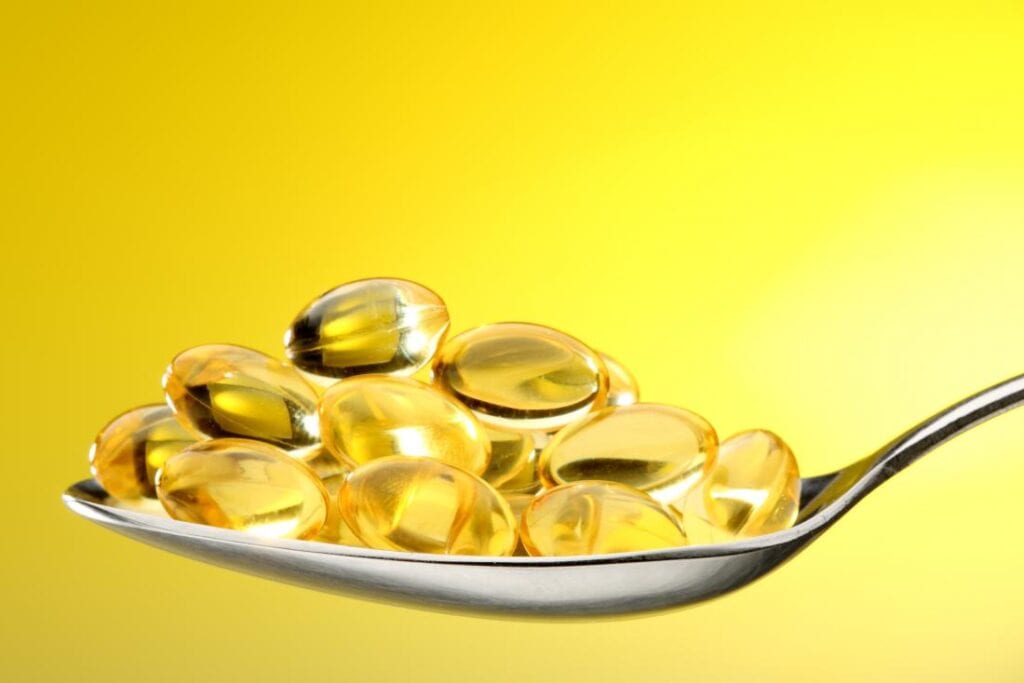
You always hear of the “magical” cod liver oil that your parents and their parents before suggest you take at least once a day. It isn’t a mere old wive’s tale. Cod liver oil has about 150% of Vitamin D is only a spoonful. Additionally, it’s a good source of Vitamin A and omega-3 fatty acids. Just be sure to limit your intake of it because too much Vitamin A can be chemically toxic and bad for your overall health.
3. Soy Milk And Cow’s Milk

There’s a percentage of these dairy products that contain Vitamin D. But if you’re vegetarian or vegan and you usually avoid these, then there’s a possibility you don’t get enough DV. Vitamin D is essential in the absorption of calcium which makes these types of milk the perfect combination of the two.
4. Vitamin D Supplements
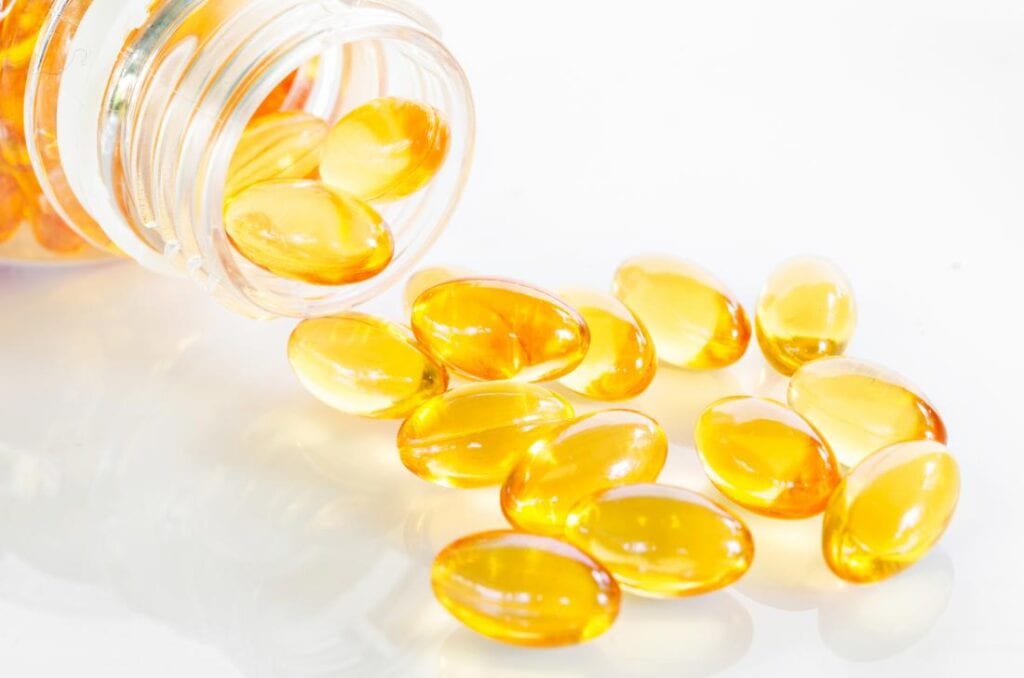
If you find your meal plans lacking in these natural sources of DV, Vitamin D supplements are a convenient way to get your healthy dose of it up and running! You won’t have to painstakingly look for certain fish assortments and then have to prepare them in your cuisine (although doing so once in a while will be an excellent practice).
Vitamin D Plus Calcium
Medical professionals urge that calcium shouldn’t be disregarded as we age. This wrong notion seems to be prevalent, that calcium is necessary only in the diet of children, and of the elderly. Adults don’t require it in their bodies. This is false.
Calcium has to be a constant in our diet (even as adults) to prevent bone ailments such as osteoporosis, hypocalcemia (bone degradation), and osteopenia. These tend to show during one’s senior years. Still, hindering its proliferation can be done through the intake of calcium-filled food items and supplements, paired with Vitamin D. The latter, to ascertain the absorption of calcium.
Top 5 Benefits Of Vitamin D That You Should Know Of
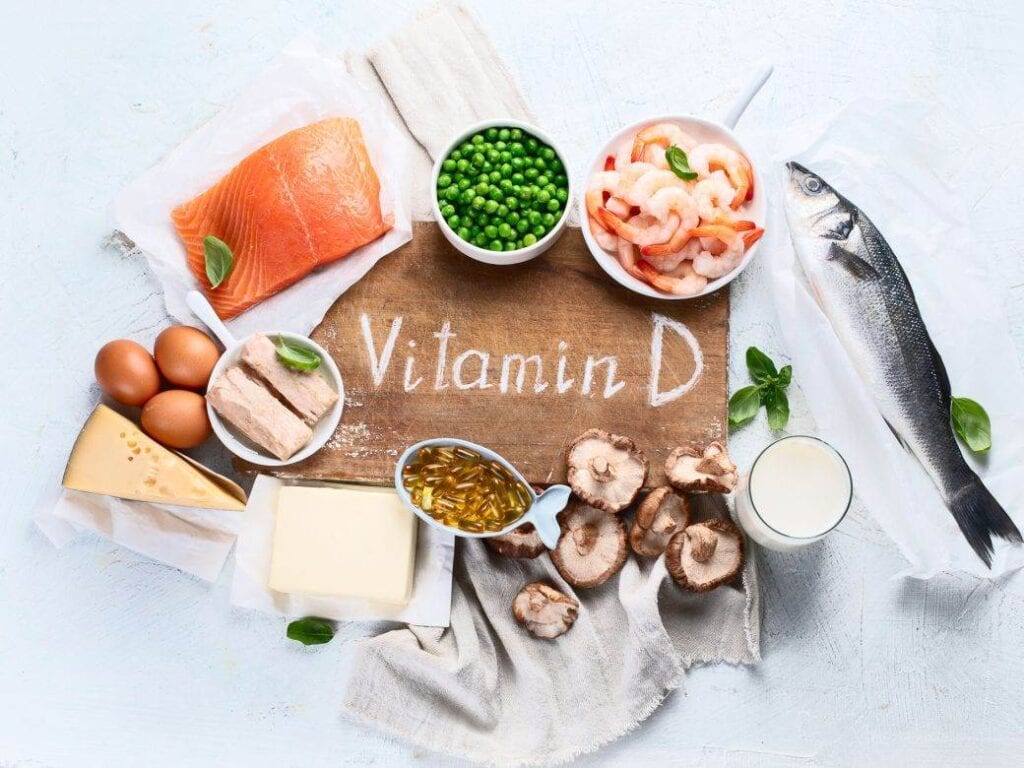
1. It can help with depression
Vitamin D might play an important role when fighting off depression. Scientists believe that people with a deficiency of vitamin D are way more prone to anxiety, as well as depression. This is why you should boost your daily intake, especially if you are often sad or if you suffer from seasonal affective disorder.
2. Boosts your weight loss journey
Add vitamin D supplements to your diet if you wish to prevent any heart disease, and also lose weight. Just by taking calcium and vitamin D supplements, you will have improved overall health + you are less at risk of having a heart attack.
3. Healthier bones
We all wish for healthy bones, right? You probably know that vitamin D has a role in the regulation of calcium and its maintenance. People need vitamin D to allow their intestines to work properly as well as stimulate and absorb. Vitamin D is often low in children, which is why you need to include it early on.
4. No more flu
You are less likely to get sick or with the influenza virus if you have a sufficient level of vitamin D in your system. This can act as an additional protective layer that will keep your health at its optimal level, especially during harsh and cold winters.
5. Helps pregnant women as well
Pregnant women who are deficient in vitamin D can have a higher risk of developing a condition called preeclampsia, which will cause them to give birth preterm. If you are expecting a baby and you wish to take care of your little one, think ahead and start giving your body its needed nutrients right away.
Will you increase your Vitamin D intake now?
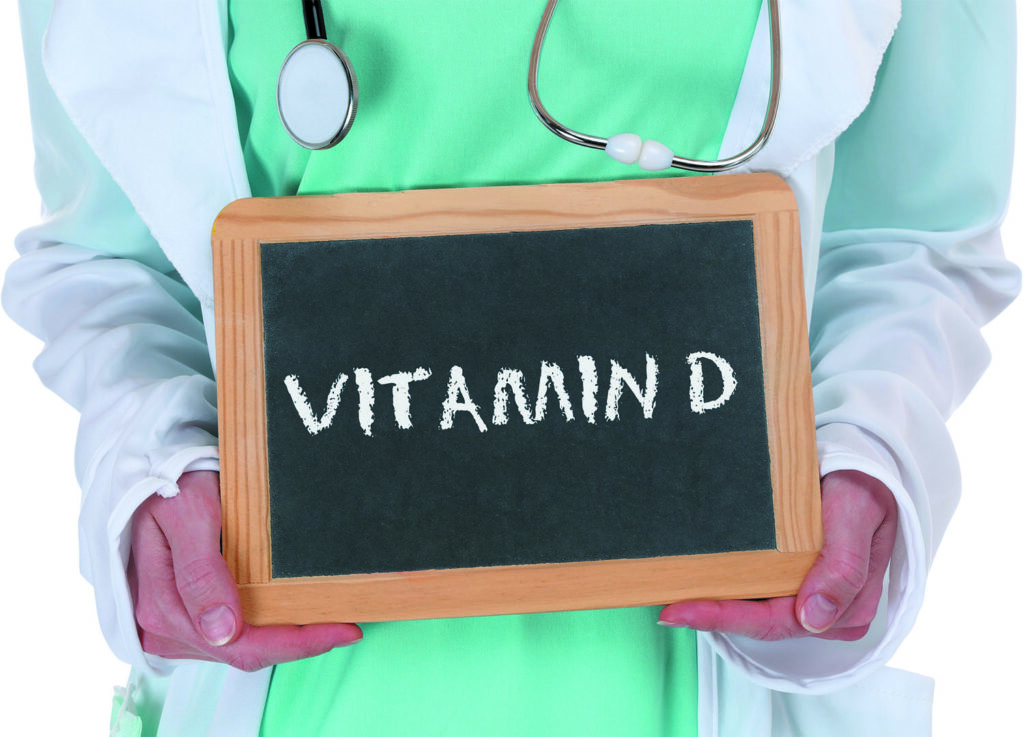
Since now you know all the pros and perks of vitamin D, are you ready to use it on a daily? Both men and women can enjoy major health benefits by including just this one vitamin in their life and their everyday routines. Will you take supplements or just switch up your eating habits and include more vitamin D foods to your life? The choice is entirely up to you. Let us know your next move in the comments down below!
 Imagup General Magazine 2024
Imagup General Magazine 2024
